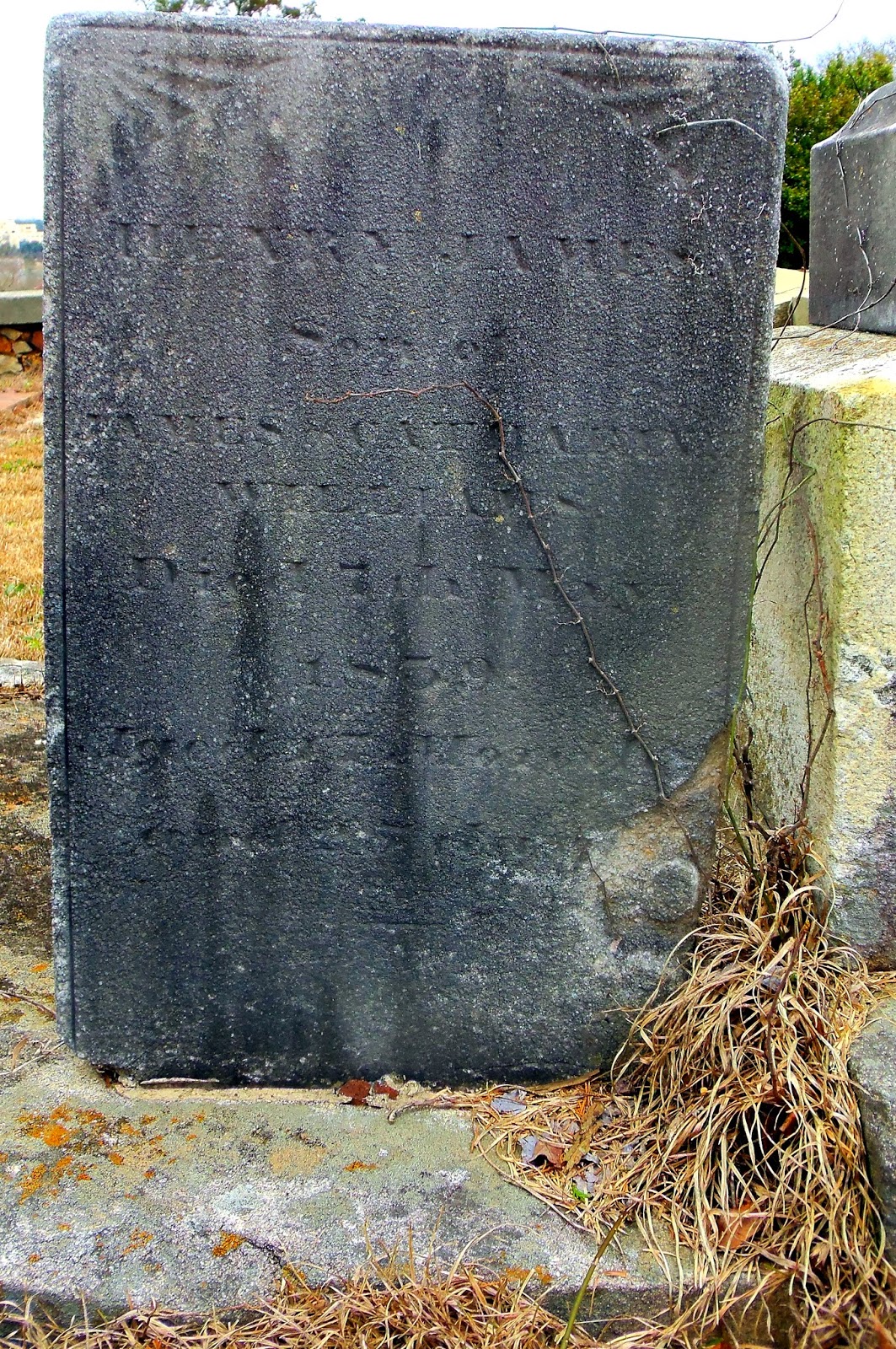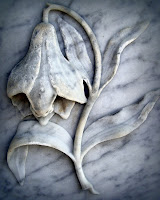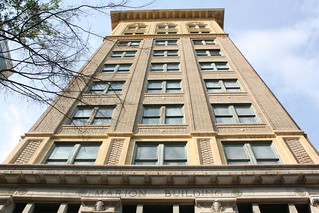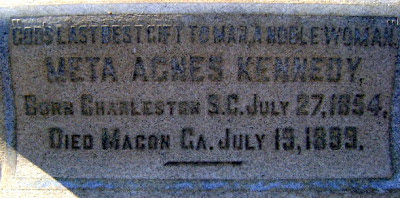 |
| Photo by James Allen |
"
MR. GEORGE R. BARKER BREATHES HIS LAST
WAS OLDEST ODD FELLOW IN GEORGIA, SECOND OLDEST MASON IN MACON -- RECEIVED THE SECOND SHIPMENT OF FREIGHT ON THE CENTRAL RAILROAD -- CONDUCTED A RETAIL GROCERY BUSINESS FOR FIFTY YEARS -- HAS RESIDED ON SAME STREET FOR FORTY-SEVEN YEARS -- FUNERAL ARRANGEMENTS NOT COMPLETED.
Mr. George Rogers Barker, the oldest Odd Fellow in Georgia, Macon's oldest retail merchant, second oldest Mason of the Central City, and the merchant who received the second shipment of freight via the Central of Georgia railroad, has passed away. The grand old man breathed his last yesterday evening at 7:30 o'clock, surrounded by his immediate family, lodge brothers and friends. When he took his last breath, the life of the best known secret order man in Georgia had crossed the great divide. He was a Northern man of Southern principles. He had a good constitution and always enjoyed good health. He was a man of uncommon mind and through his long business career and during the panics he never had a note to go to protest.
Mr. Barker was 89 years of age, and has been a resident of Macon for fifty-seven years, arriving here during the year 1846.
Mr. Barker was born in Stony Creek, Old Branford Township, Conn., August 16, 1815. He came to Macon at the age of 31 to engage in business. On October 21, 1854, he was married to
Mrs. Sarah Abbott Evans, a native Georgian, who survives him. He engaged in the grocery business on Cotton avenue, and conducted it for fifty years, when he sold out his business and retired. He conducted the business on the same site for a half century, and was known throughout the state. Mr. Barker was the second merchant in Macon to receive a shipment of freight over the Central railroad, which was completed soon after he engaged in business.
Mr. Barker is survived by his devoted wife, one son and three daughters, who are Mrs. Walter B. Hill of Athens, Mrs. J. D. Skinner of Atlanta, Mrs. S. D. Smith of Houston county and Mr. George M. Barker. He is also survived by thirteen living grandchildren.
During his forty-nine years of married life there has only been three deaths in the family -- one granddaughter and two grandsons, who died very young.
Mr. Barker has resided at 153 Magnolia street for forty-seven years, and has watched Macon grow from a mere village to one of the prettiest cities of the South.
His ancestors were among the first settlers of Connecticut and served in the Revolutionary period.
Mr. Barker was the oldest Odd Fellow in Georgia, having been a member of one lodge for fifty years. He joined the United Brothers Lodge No. 5 of this city in 1851. He was never suspended, and was a constant member at all times. He was thirty years a charter member of the Macon Union Encampment No. 2. He was also a charter member of Yonah Rebekah Lodge No. 23. He was a charter member of Patriarch Militant Canton, Macon, No. 4. He was grand secretary of the grand lodge for a number of years, and representative to the sovereign grand lodge several times. He was treasurer of the United Brothers Lodge for thirty-two years, and was treasurer at the time of his death. He has been treasurer of Macon Union Encampment since his connection with the lodge.
As an Odd Fellow he had held every office in the subordinate lodge. He was responsible for the Odd Fellows owning the magnificent building on Cherry street. He was one of four of the original purchasers of the site, and was the man who paid the last dollar of the indebtedness.
Mr. Barker was the second oldest Mason in Macon, Mr. George A. Dure having joined one year before. He was a Mason of high standing and was loved by every member of the lodge. He was a member of Macon Lodge No. 5, Constantine Chapter No. 4, Washington Council No. 6, and St. Omer Commandery No. 2. He has held every office from the lowest to the highest in the gift of the Macon lodge. He was worshipful master at one time, and has been treasurer of St. Omer commandery for nearly forty years. He never missed a meeting of the Masons unless he was ill or away from the city. He was one of the prime movers in the erection of the Masonic building on Cotton avenue.
Mr. Barker was a charter member of Central City Lodge No. 3, Knights of Pythias. About two years ago, while descending the stairway of the Pythian Castle, he fell and fractured his hip, which has since confined him to his home. It is said that this fall was to a large degree the cause of his death. During the last few months he recovered from the injury sufficiently to move about by the use of two walking sticks.
About ten days ago he began to show signs of weakening and his condition gradually grew worse until the end came. All hope for his recovery was given up several days ago, and when death came it was not a surprise to those around the bedside.
The funeral arrangements have not been completed, but they will probably occur Monday. He will be buried with Masonic honors, and the different lodges of which he was a member will attend." [
Macon Telegraph (Georgia), 12 September 1903, pg. 5]
George Rogers Barker was laid to rest the next day ["Mr. Barker Buried With Masonic Honors."
Macon Telegraph (Georgia), 14 September 1903, pg. 8]:
The funeral procession from the church to the cemetery was a large one. Nearly two hundred Odd Fellows, Masons and Knights of Pythias were in the procession.
At the grave in Rose Hill cemetery the Knights Templar conducted the funeral services, which is considered the prettiest of all secret orders. It was Mr. Barker's dying request that the Knights Templar conduct his funeral at the grave...







































